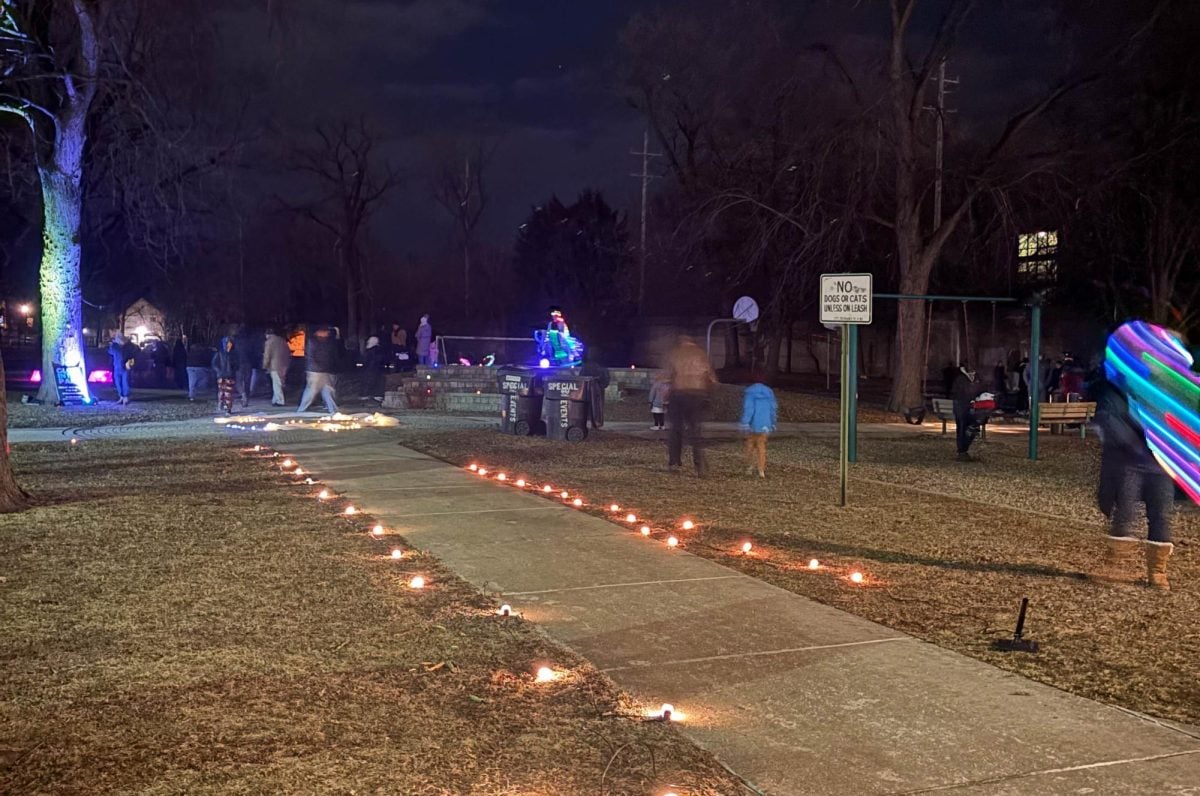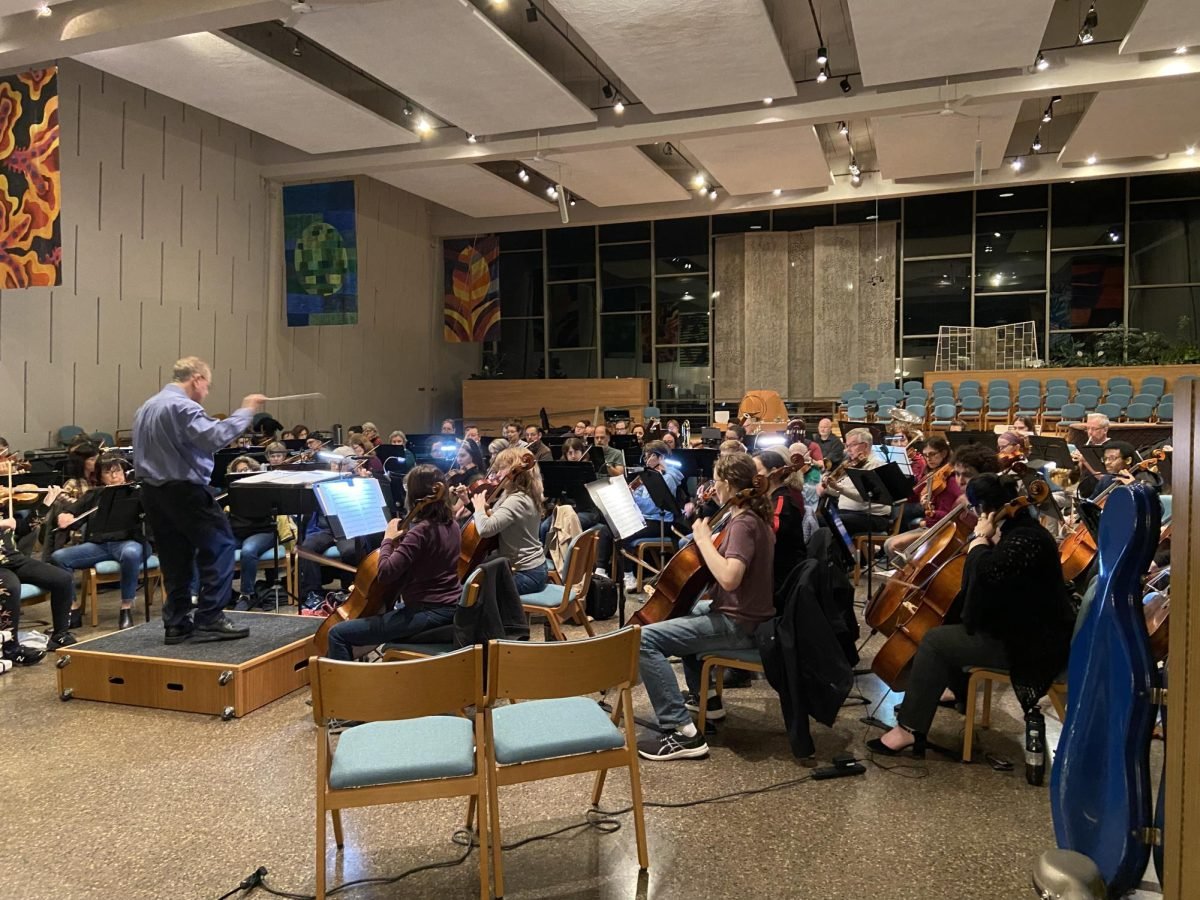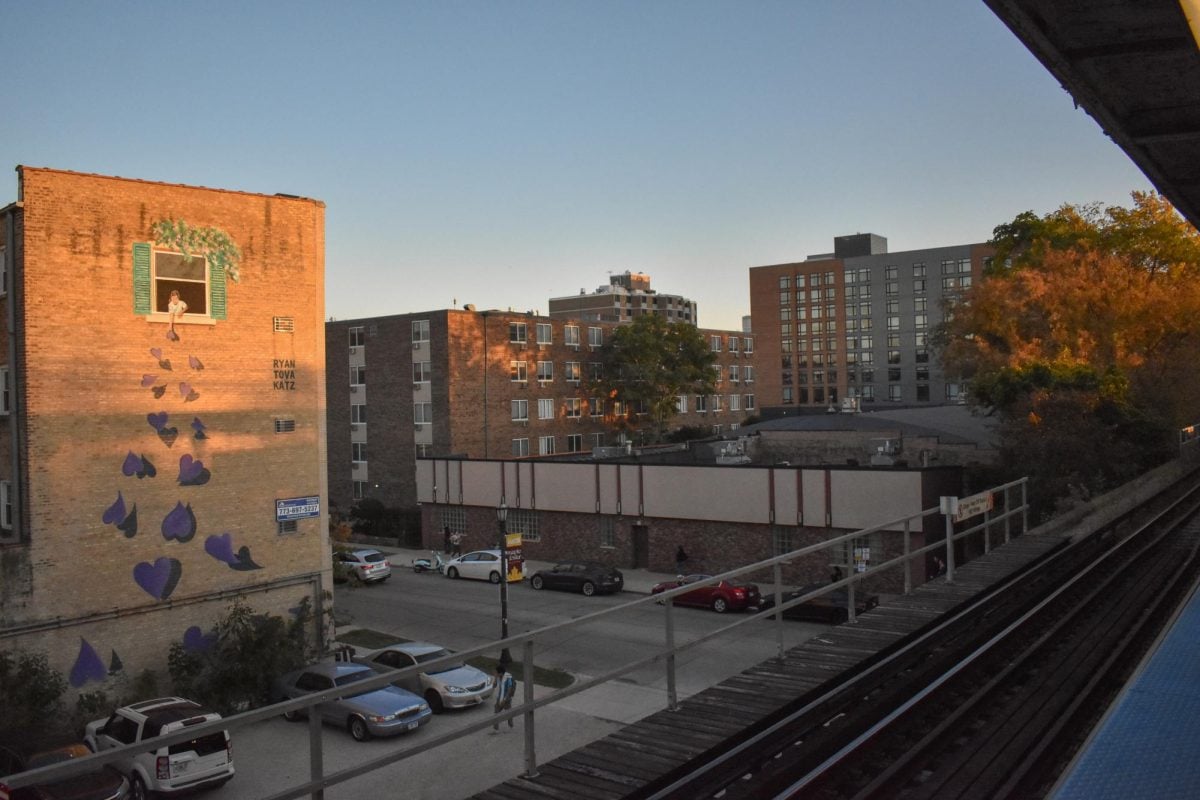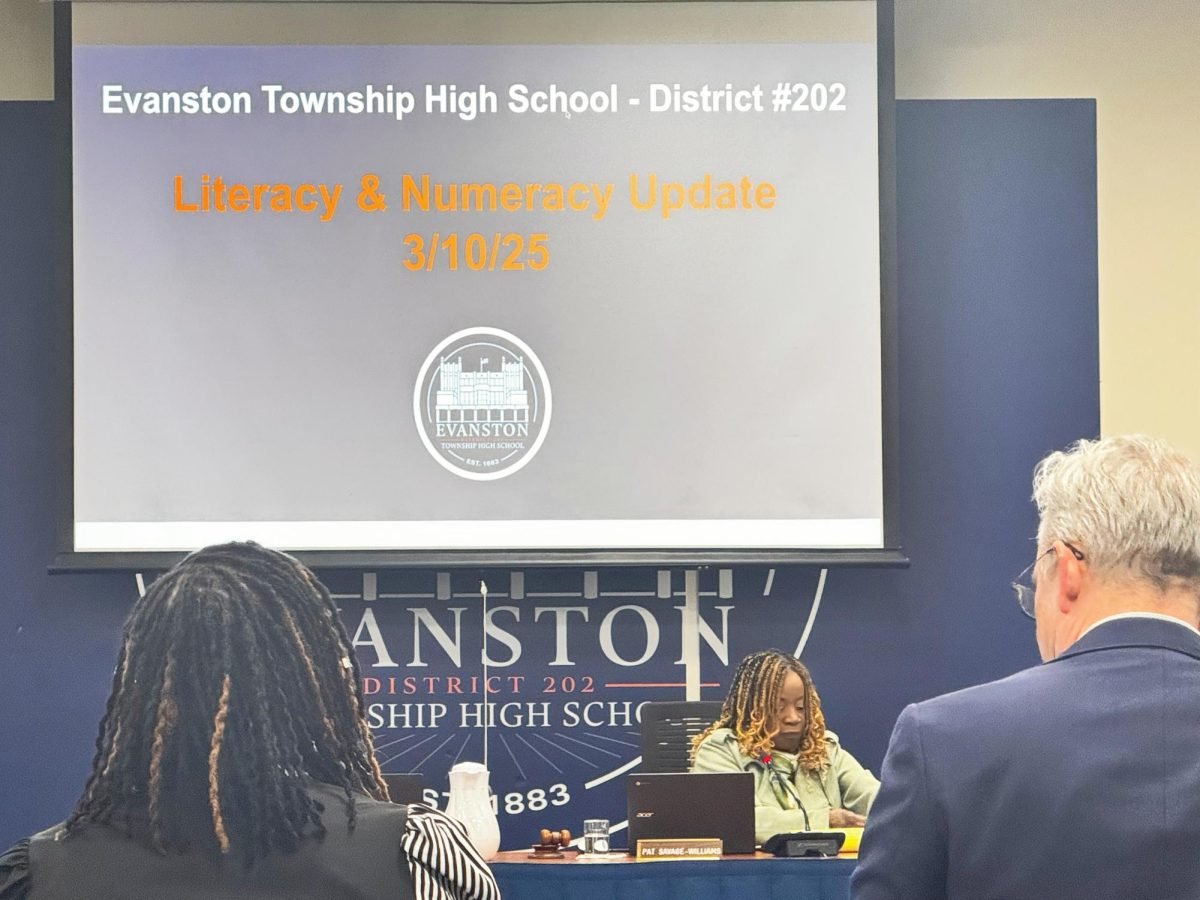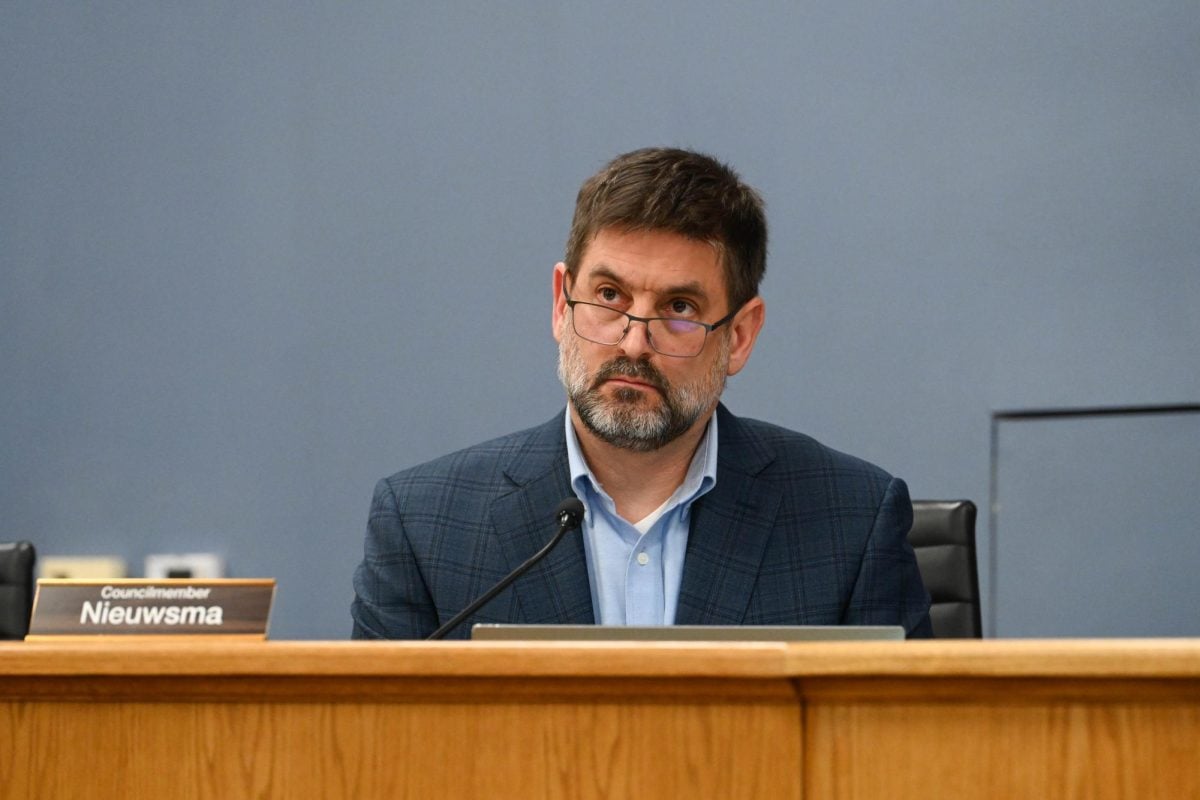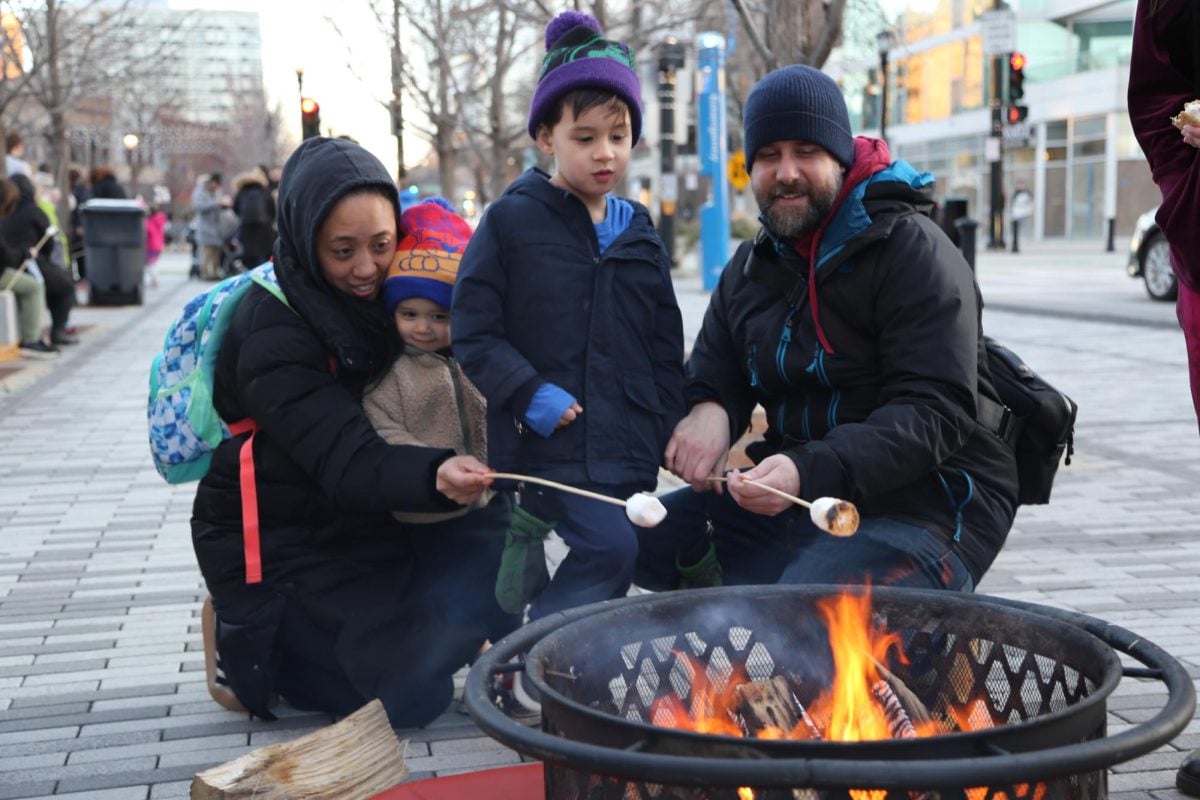Evanston and regional health officials are gearing up for West Nile virus season, which is right around the corner.
The Evanston Health Department and the North Shore Mosquito Abatement District plan to work together this summer to stave off a local infestation.
Last year, Illinois saw the highest number of West Nile deaths since the 2002 epidemic. Of the 290 Illinois residents diagnosed with the disease last year, 12 died. As a result, the Illinois Department of Public Health awarded 90 municipalities — including Evanston — $3.4 million for prevention programs, the agency announced last week.
The city plans to use the $10,000 to fund public education initiatives to teach residents about the virus, as well as to collect and test mosquitos for the disease, said Evonda Thomas-Smith, the city’s health director.
The mosquito abatement district, which does not receive grant money from the state health department, is also preparing for mosquito season. In light of last year’s relatively high death toll, district officials plan to improve public outreach efforts, spokesman Dave Zazra said.
“Something we’re going to try to do a little differently this year is try to get the public more involved,” Zazra said. “Typically, the mosquito that carries West Nile virus is breeding right in residents’ own backyards.”
Mosquitos that carry the virus hatch their eggs in stagnant water. Even very small amounts of water collected at the bottom of a plastic cup can harbor mosquito larva.
The abatement district will launch a new website May 1 with public updates about adult mosquito control spraying. On the new website, residents will be able to sign up for email and mobile text message alerts to notify them when NSMAD will be spraying in their area, Zazra said. Evanston residents also have the option to sign up for alerts through the city website.
The abatement district conducts adult mosquito control spraying when test results show the presence of West Nile virus in mosquitos in a particular area, Zazra said.
“There’s never a set schedule for this,” he said. “We do our best to give 24-hours notice because it really is a dynamic situation over the summer.”
Zazra said he recommends people reduce their exposure to the mosquito pesticide by avoiding going outside during the spraying. The controls are typically conducted at night using a chemical that is supposed to dissipate completely within eight to 12 hours.
State health officials say the two best precautions residents can take against the disease are eliminating any sources of standing water from their yards and wearing mosquito repellent when they go outside in the early morning or evening.
West Nile activity typically does not start until late May, and Arnold said it is unclear at this point whether this year will see as many cases of West Nile as last year.
“When you see hot, dry summers like you saw last year, that’s going to make conditions prime for water to become stagnant,” she said.




